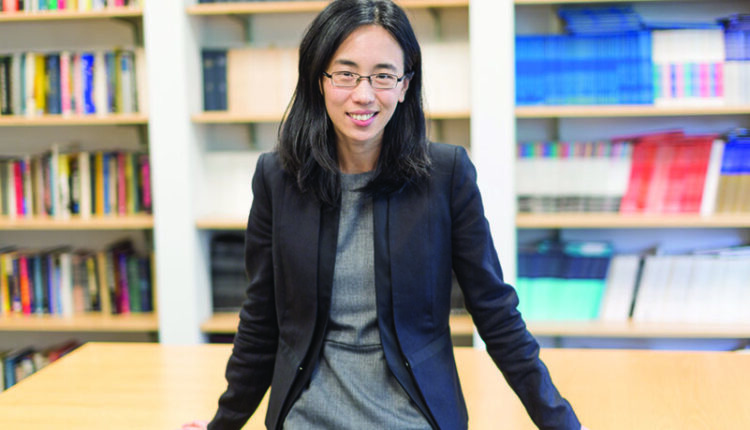Professor Haiyan Jia hosts virtual panel on the role of data in modern journalism
Haiyan Jia, Assistant Professor at Lehigh’s Department of Journalism and Communication, hosted the five panelists’ virtual event “Data Journalism in the Years of Challenges” last week.
Jia said she hosted the event because she was looking for ways to “identify, locate and find usable data online”.
Panelists included Troy Thibodeaux, editor of the data journalism team for The Associated Press;; Andrew McGill, Interactive News Editor for Politico;; Meghan Hoyer, data director at The Washington Post;; and Alexis Madrigal and Robinson Meyer, contributors The Atlantic and co-founder of the “COVID Tracking Project”.
Each panelist first highlighted the key moments and challenges of data journalism during the pandemic and presidential election.
Alexis Madrigal and Robinson Meyer started the COVID tracking project Cover COVID-19 cases and other COVID-19 related news nationwide. The project was only supposed to take 14 days during the initial home order, but it lasted over a year.
“We started all of the data structures as a side project, but now we have 365 days worth of data,” said Madrigal.
Jia said data is a new source of evidence and could be especially important when used to understand situations on a large scale. She said data is driving news coverage and the way the news is communicated and presented to the public.
“We need huge amounts of data to understand social factors that affect society,” Jia said. “Data is currently available in such a way that it becomes a new source to gain insights and check patterns.”
Jia is interested in how people communicate with each other and how this communication can be improved.
Her research focused in particular on the use of new technologies and how people use interactive media to aid communication. Jia said that data journalism challenges arise because the way people communicate changes rapidly every day.
“On the one hand, you can be completely optimistic when individuals are given the opportunity to express their views,” Jia said. “On the other hand, there are also major challenges in how to distinguish fact and misinformation, how to ensure that society is informed with reliable and trustworthy information, and how traditional journalists have to compete with other types of sources that are increasing in number and more often on different platforms . “
When asked how artificial intelligence affects journalism, the panelists emphasized that artificial intelligence can improve the way data is collected and organized. However, it is up to people to interpret and filter this information.
According to Thibodeaux, through human intervention, journalists can understand why certain information is explainable to humans, while artificial intelligence is important in the study of algorithms.
Both Hoyer and McGill agreed. McGill said it is the job of humans to translate artificial intelligence findings into an understandable story.
“Which data is collected and which is not is not a human decision,” said Hoyer. “We need to understand the methods by which things are collected.”



Comments are closed.